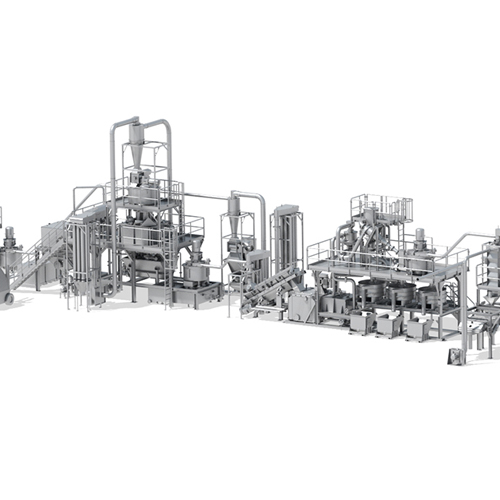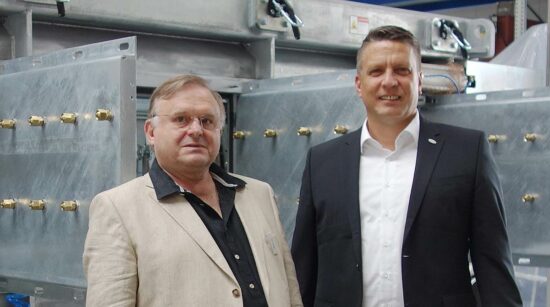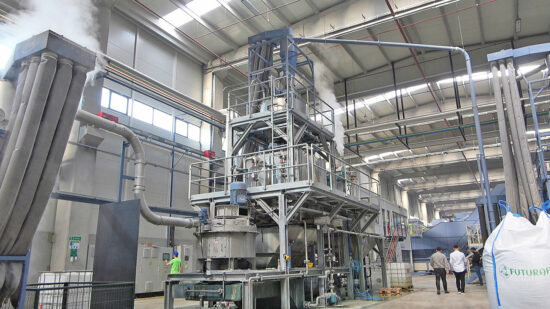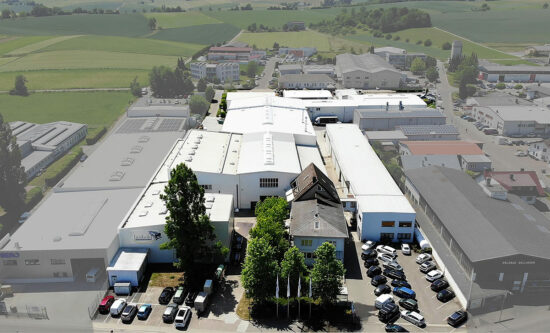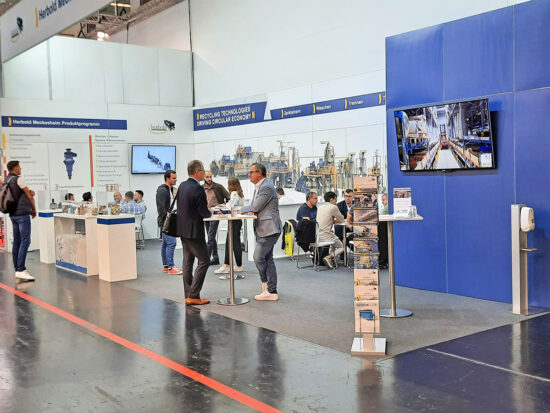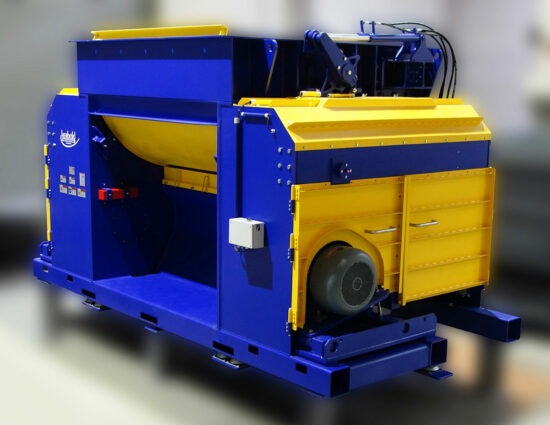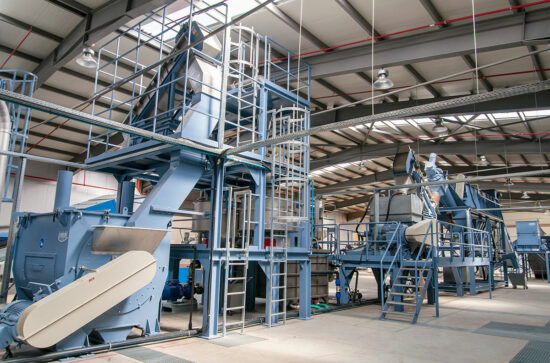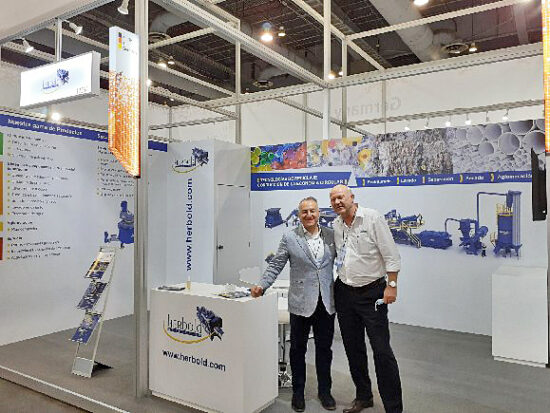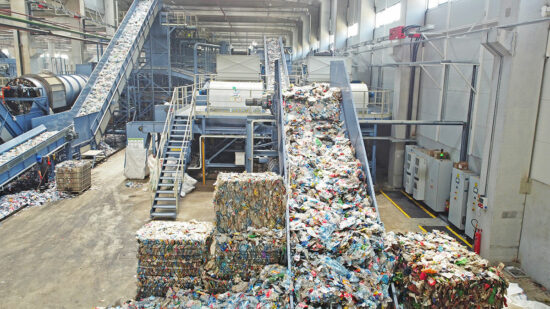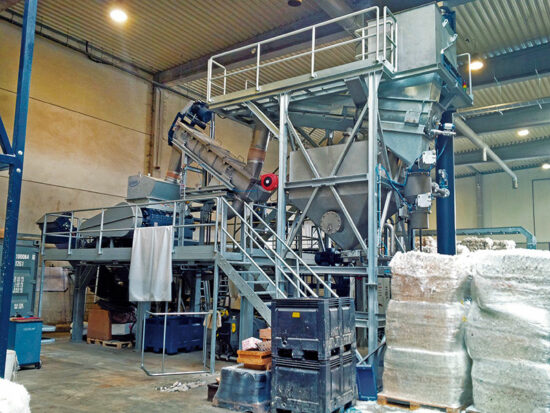Coperion and Herbold Meckesheim to present complete solutions for plastics recycling at K 2022
Complete systems for industrial-scale plastics recycling from a single source – the recently completed merger between Coperion and machine manufacturer Herbold Meckesheim makes it possible. Coperion, technology leader in extrusion and compounding, bulk material handling and feeding systems, brings its own expertise in the field of recycling together with that of Herbold Meckesheim, specialist in the mechanical recycling of plastic and plastic waste, forming a new Recycling Business Unit.

